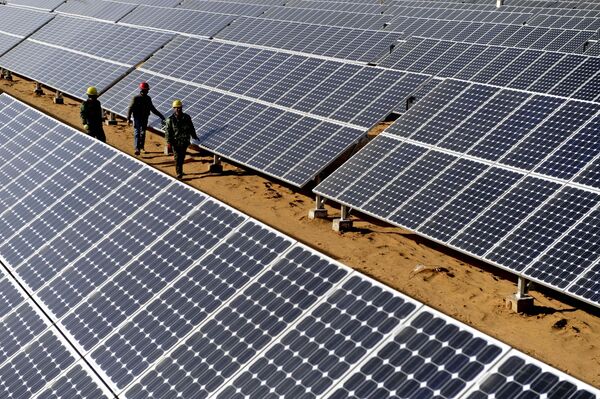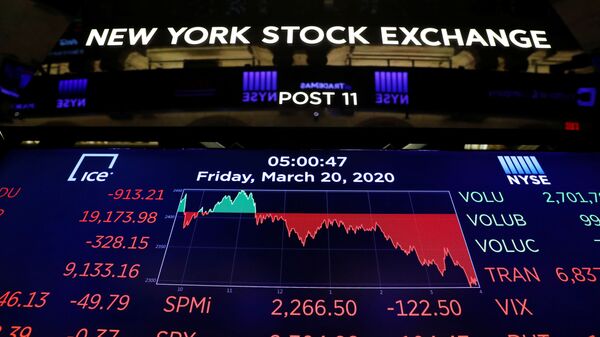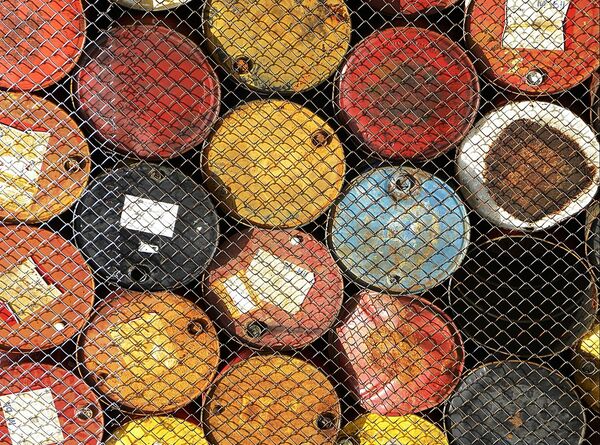Life after the coronavirus pandemic is unlikely to return completely to the way it was before the outbreak, but how exactly it will affect our lives and, more specifically, how it will affect the hard-hit energy markets remains an open question.
When it comes to oil's future, the forecasts are as far apart as the North and South Poles, according to energy markets analyst for Russia's Skolkovo business school, Alexander Sobko. On the one hand, more companies are expected to adopt teleworking practices, which are currently being widely used during the quarantine, thus resulting in a reduction of petrol use and demand. If that is the case, then crude prices might not return to the level seen back in 2019, Sobko notes.
Another view that the analyst cites suggests that after the pandemic's end, more people will choose to leave apartments in cities for private houses in the suburbs, thus boosting the use of gas and the demand for oil when compared to 2019.
Gas prices will also remain under pressure to remain low in the near future, as the recession is likely to hit demand, most of which is generated by manufacturing companies, Sobko believes. He adds that the situation is further exacerbated by the end of the winter, resulting in a reduction of gas consumption for heat-generating purposes.
A Challenge for the Green Energy Industry?
The effects of the pandemic on key energy sources could also impact the sphere of renewable energy generation, Skobko stresses. He points out that traditionally, cheap oil is seen as a factor impairing the growth of the green energy industry. The analyst noted, however, that oil is mostly used in the production of petroleum, while renewable sources are usually used for energy that is mainly used by households and factories; hence these two energy sources don't compete, for the most part.

But the oil prices could pull down the price of gas - a direct competitor of green energy. Skobko says that prices in many contracts for liquefied natural gas (LNG) shipments are tied to the price tag for a barrel of crude.
The analyst further notes that green energy has long been enjoying benefits from governments; for example, in many countries using it has been a priority for energy grids in comparison to fossil fuel-generated energy. At the same time, traditional gas power plants are responsible for maintaining a sufficient level of power in the grid, as gas generation can be provided on demand, unlike renewable sources, Skobko says.
Now that energy consumption has drastically fallen amid the outbreak, fossil fuel-based power plants still have to maintain the grid’s power level, although the actual energy consumption has fallen - along with payments, Skobko indicates. The analyst suggests that this stress on the non-green energy industry could once again raise the issue of the “special status” of renewable energy. He believes that this is a chance for the green energy sphere to show that it's worthy of developing and can compete on par with more traditional energy sources.
At the same time, Skobko adds that the renewable energy industry's position might be undermined due to many countries facing economic decline after the end of the coronavirus pandemic. The energy markets expert suggests that these nations might go for cheaper options for energy generation in a situation like this.







